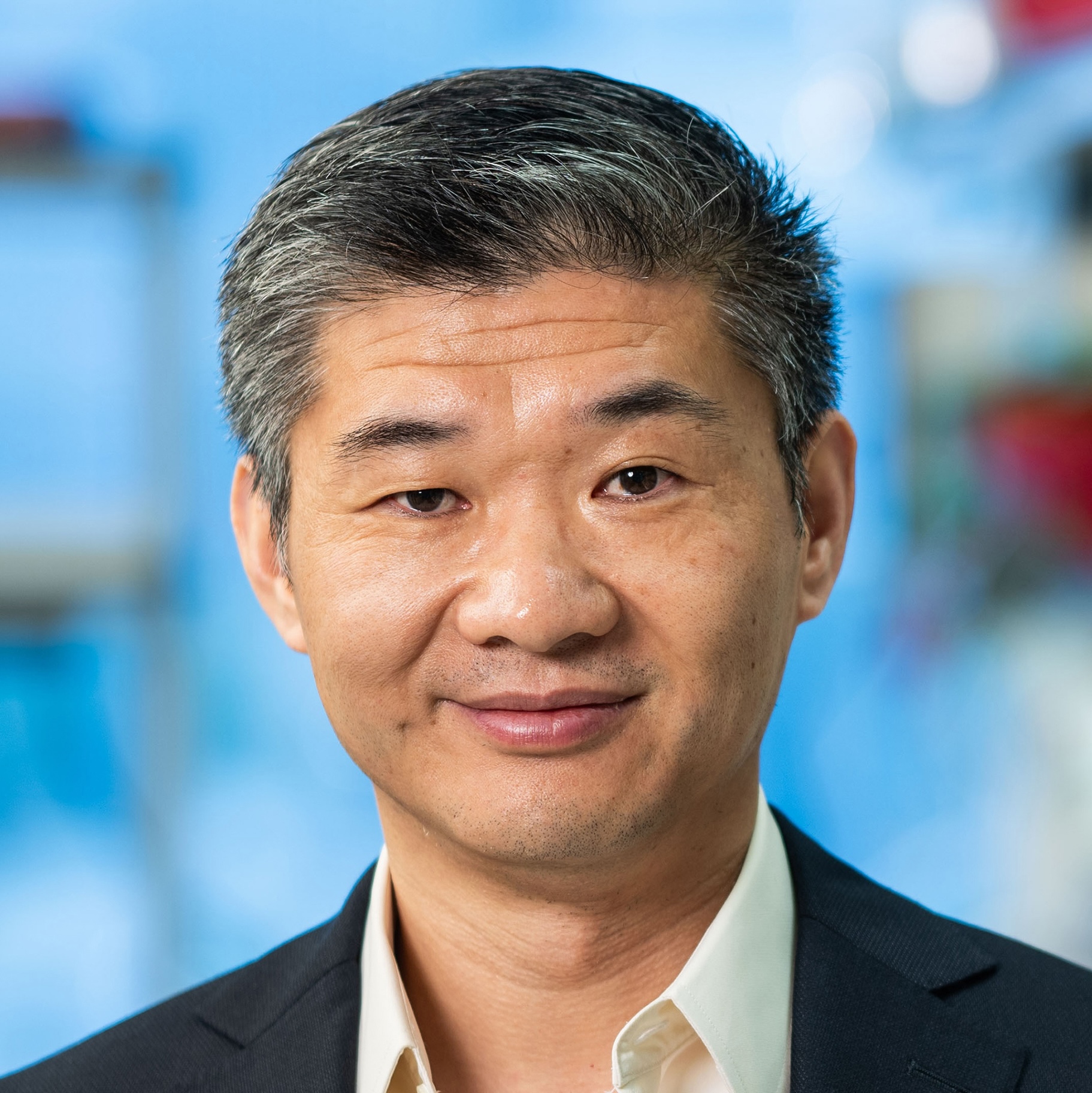
Rugang Zhang, PhD
AI-guided single-cell transfer learning model to predict precision medicine in ovarian cancer
2024 Collaborative Research Development Grant – Microsoft AI for Health Recipient
MD Anderson Cancer Center
AI-guided single-cell transfer learning model to predict precision medicine in ovarian cancer
Project Summary
Ovarian cancer patients are often diagnosed at an advanced stage and develop resistance to standard-of-care therapy. Recent studies have produced clinical drug predictions by machine learning, however, insufficient patient numbers and lack of knowledge of drug targets limit their use. Our goal is to accelerate the discovery of innovative, actionable therapies through integrative network-based AI models in an individualized manner.
Specifically, we will first develop and optimize multiomics-based biomarkers to predict clinical outcomes to standard-of-care therapies. For most of the non-responders to conventional treatment, we will then establish and validate a novel AI framework to identify actionable drugs for personalized therapy by “transfer learning” using integrated single-cell data. By AI-guided transfer learning, we aim to contextualize ovarian cancer patients’ tumor cells to best match cell lines with known susceptibility to drugs and drug combinations.
We will further integrate clinical features with multi-omics data to predict new treatment options for ovarian cancer patients by AI. Taken together, this proposal develops systems-level network-based AI models to prioritize personalized therapies based on tumor compositions at various resolution levels. This collaborative teamwork is only made possible due to availability of comprehensive clinical data across diverse populations of ovarian cancer patients from the Ovarian Cancer Moon Shot program at MD Anderson Cancer Center.
Bio
Dr. Zhang is the Chair of Experimental Therapeutics at The University of Texas MD Anderson Cancer Center. He holds the John M. O’Quinn Endowed Chair in Cancer Research. Dr. Zhang received his Ph.D. in Cell Biology from the Institute of Biochemistry and Cell Biology, Shanghai Institutes of Biological Sciences, Chinese Academy of Science. His postdoctoral training came from the Institute for Cancer Research, Fox Chase Cancer Center, where he later became an Assistant Professor. He joined The Wistar Institute as an Associate Professor in 2012, was promoted to Professor in 2015 and later became holder of the Christopher M. Davis Endowed Professor & Leader, Immunology, Microenvironment and Metastasis Program. He assumed various leadership roles during his time at Wistar and was appointed Deputy Director in 2017. He joined The University of Texas MD Anderson Cancer Center as a Professor and Chair of Department of Experimental Therapeutics in 2023. The Zhang laboratory studies ovarian cancer biology with the goal of developing novel therapeutic approaches to combat the disease with precision. The ultimate goal of Dr. Zhang’s research program is to leverage the newly gained mechanistic insights for developing new therapeutics in a personalized manner based on one’s unique genetic and/or pathway signatures.